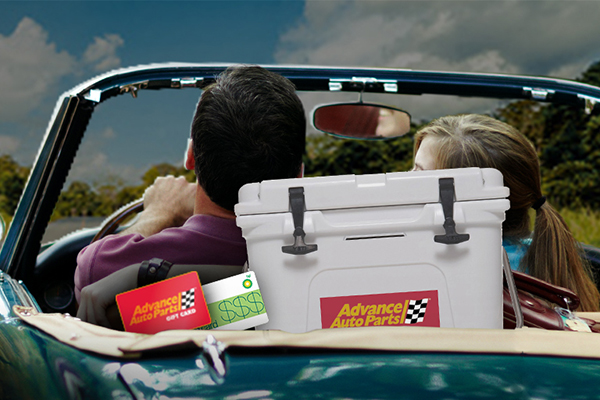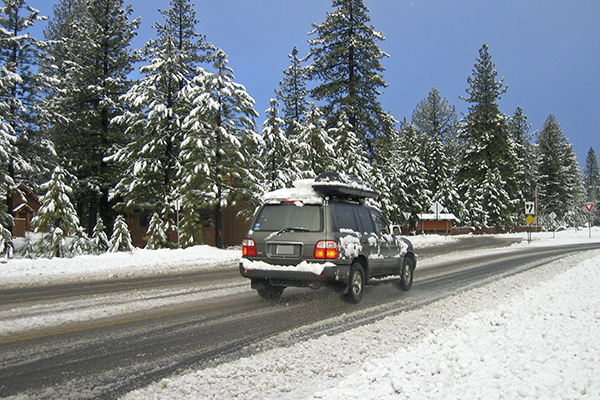
Electric vehicles are new, intriguing, and the future. And as technology evolves, it gets easier to take these cars on road trips.
I recently decided to step outside my comfort zone, leave my traditional gas vehicle at home, and go on a two-day road trip from Boca Raton, FL, to Daytona Beach, FL (a total driving distance of 223 miles) in the all-electric Kia Niro.
Due to research and planning, such as talking to a few EV owners about their road trip experiences, signing up for a few charging networks, mapping out my stops in advance, and choosing the fastest charging stations, the trip was a success.
Here are the steps I took to feel comfortable and confident while traveling in an all-electric vehicle.

1. Maximize your driving range
The Kia Niro gets an estimated driving range of about 239 miles, which is good for more affordable EVs. However, higher-end models allow you to travel much further, like the Tesla Model S, which has an estimated range of about 390 miles.
The key here is "estimated range." You can maximize your driving range while on the road by:
-
Taking it easy on the accelerator - Using regenerative braking when slowing your vehicle down
- This next might be challenging depending on where you live but cutting back on using the heater/air conditioner will also help to maximize your range
2. Sign up for charger network apps
Before hitting the road in your EV, make sure you map out your mileage, sign up for charger networks and choose stations that fit your plug.
I live in South Florida and before I signed up for a few of my favorite charging networks like FPL Evolution, EVgo and Electrify America, it was hard to locate a fast-charging station when I needed one.
After downloading the apps to my phone, I can quickly find fast charging stations in the area. Additionally, customer service is always available for assistance.
Note: Most EVs use CHAdeMO or SAE Combined Charging System (Combo/CCS), but Tesla has its own chargers. However, you can purchase an adapter to use standard changers.

3. Plan charging stops
4. Have a backup plan
Since this system is relatively new, the infrastructure is still playing catch up. To ensure chargers are available when needed, always have a backup plan by locating an alternative charging location, just in case the chargers you originally planned to use are taken or out of service.
5. Stay diligent, especially when traveling to rural areas
Although technology is consistently evolving, there are times when charging stations are hard to locate, especially in rural areas with little to no electricity.
When visiting a rural area in an EV, you should take the same steps when visiting non-rural areas and plan to be a little more diligent. For instance, deviating too far from your planned charging stops is not recommended. Also, check with your network and hotel beforehand to ensure charging stations are working correctly.
Although it requires a little more diligence when planning, road tripping in an EV can be a total blast, and after you do it a few times, it will become second nature.
Have you ever taken a road trip in an electric vehicle? Let us know in the comments below.








